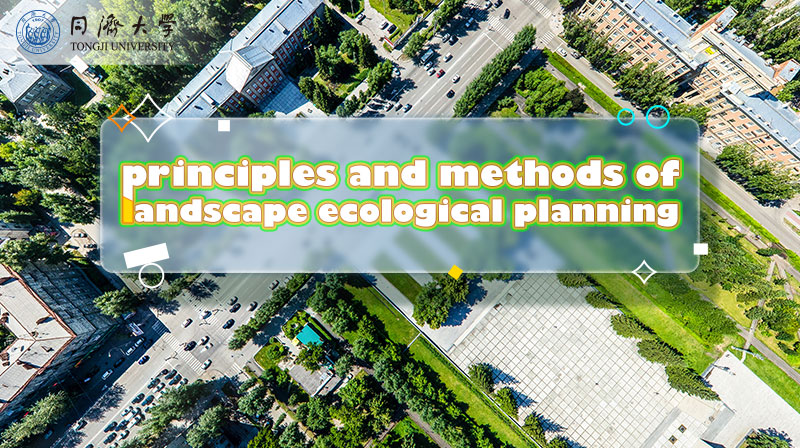第三章测试1.Ecosystem services refer specifically to the ( ) that natural ecological space provides to humans.
A:effect B:product C:serve D:well-being
答案:D
2.The ( ) characteristics of network nodes and corridors can be determined according to the value of ecosystem services.
A:value B:function C:type D:priority 3.Ecosystem service provision depends on ecological space type, size and ( ).
A:level B:location C:scale D:quantity 4.Ecosystem service demand depends on population size, population structure, population( ) and population location.
A:gender B:age C:quantity D:cultural background 5.Ecosystem service theory believes that ( ) provide greater ecosystem services value in terrestrial ecosystems.
A:grassland B:wetlands C:forest D:farmland 6.Ecosystem service theory holds that ( ) provide almost none ecosystem service.
A:wasteland B:rock C:glacier D:desert 7.Landscape process creates landscape pattern, while the formation of landscape pattern also ( ) landscape process.
A:condition B:reinforce C:represent D:change 8.The following indicators that can be used to measure flood regulation in regional ecosystem services are ( ).
A:water network density B:river water holding capacity C:wetland water holding capacity D:lake water holding capacity 9.The following ( ) indicators have important implications for the process by which spatial flows deliver ecosystem services.
A:distance distribution principle B:flow direction C:flow boundary D:flow quantity 10.Which of the following spaces are areas that rely on spatial flow to deliver and provide benefits. ( ).
A:forest, grassland B:water C:outdoor entertaining space D:catchment areas where construction spaces generate ES demand 11.Obtain the information of ( ) can describe the spatial flow allocation process from the SBAs to one or more specific SPAs.
A:land use B:spatial scale C:space as a source of demand D:space as a sink of demand 12.What are the applications of applied research on ecosystem service flows?( )
A:Ecological restoration B:urban planning C:coupling system between man and nature D:ecological compensation 13.hybrid land use patterns can be characterized as spatial units formed by combinations like ( ).
A:architecture B:green space C:blue space D:road, ground 14.Which following metrics can be used to cluster hybrid land use patterns.( )
A:green-blue space coverage ratio B:impermeable surface ratio C:average building height D:building coverage 15.Which of the following hybrid land use model categories have maximum cooling function . ( )
A:a hybrid land use model dominated by tall buildings B:a hybrid land use model dominated by low- and mid-rise buildings C:a hybrid land use patterns dominated by impervious surfaces D:a hybrid land use model dominated by blue-green spaces
温馨提示支付 ¥3.00 元后可查看付费内容,请先翻页预览!

